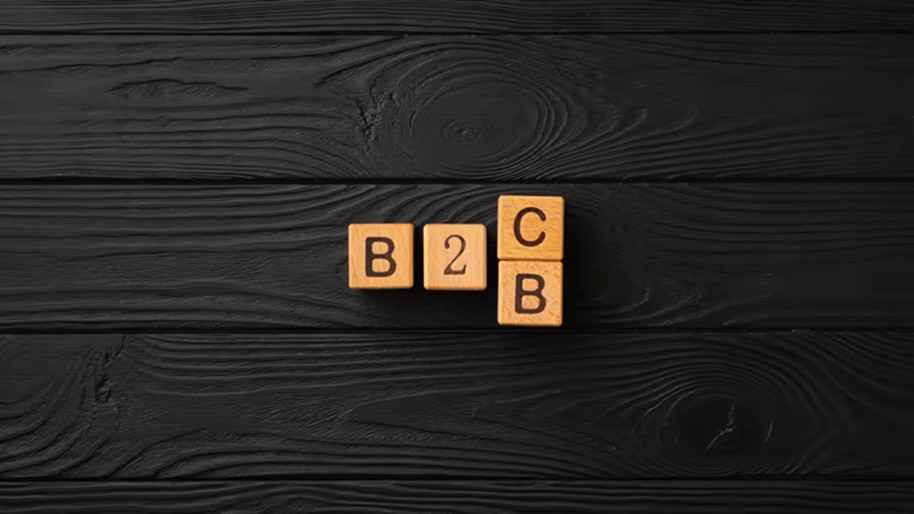Sales Negotiation Techniques for High-Value Deals
High-value sales negotiations aren’t won by chance, they’re shaped by method, insight, and timing. Each interaction must be precise, purposeful, and built on trust. Dynamo Selling brings structure to this process, offering refined techniques that help professionals close complex deals with confidence. We specialise in equipping sales professionals with advanced negotiation techniques tailored for high-stakes deals.
Key Takeaways
- Lead with Value: Emphasise the unique benefits your solution offers.
- Prepare Thoroughly: Understand client needs and potential objections.
- Listen Actively: Engage in two-way conversations to uncover true client motivations.
- Stay Composed: Maintain professionalism, even when negotiations become challenging.
- Seek Mutual Benefit: Aim for outcomes that satisfy both parties.
Negotiating high-value deals is one of the most complex and rewarding aspects of sales. These transactions, often involving large sums of money, multiple stakeholders, and long sales cycles, require far more than charm or surface-level persuasion. Success in this arena demands a deep understanding of negotiation principles, emotional intelligence, strategic planning, and above all, a commitment to creating mutual value. Here are the essential sales negotiation techniques for high-value deals that help sales professionals build trust, overcome objections, and close with confidence.
1. Preparation is Everything
In high-value negotiations, the depth of your preparation often determines the outcome. Before entering any discussion:
- Research the client’s business: Understand their industry, goals, pain points, competitors, and key decision-makers.
- Define your objectives: Know your ideal outcome, acceptable compromises, and non-negotiables.
- Anticipate objections: Prepare thoughtful responses to common pushbacks on pricing, features, or timing.
- Identify their BATNA (Best Alternative to a Negotiated Agreement): Understand the client’s BATNA to gain a strategic advantage and position your offer more effectively.
Walking into a high-stakes meeting without being fully informed is like playing chess without knowing the rules. Preparation builds confidence, and confidence builds credibility.
2. Build Trust and Rapport Early
Every successful high-value deal is built on a foundation of trust. Buyers at this level are not just investing in a product or service, they’re investing in a partnership.
- Listen actively: Show genuine attentiveness by acknowledging their goals and challenges.
- Communicate transparently: Avoid vague promises or overselling.
- Be reliable: Deliver on your commitments during every phase of the sales process.
Establishing a genuine relationship makes clients more likely to share their true motivations and more open to collaboration during negotiation.
3. Focus on Value, Not Price
In high-value deals, it’s rarely just about the price tag. Buyers want to know: What am I getting in return?
- Quantify your value proposition: Demonstrate ROI, cost savings, or revenue potential using data.
- Tailor your message: Ensure your proposal aligns with their overarching strategy.
- Highlight intangible benefits: Include things like service quality, brand reputation, long-term scalability, or exclusive features.
When the focus shifts from “how much does it cost?” to “how much is it worth?”, price becomes less of a sticking point.
4. Control the Pace
In high-value negotiations, rushing can kill deals. Strategic pacing helps maintain control and allows time for reflection, internal discussions, and alignment.
- Don’t rush to fill silences: Give clients space to think.
- Break discussions into phases: Focus on one issue at a time to prevent overwhelm.
- Use time as leverage: If urgency benefits your position (e.g., a pricing deadline), use it appropriately, but never appear desperate.
Staying calm and methodical, even under pressure, positions you as a seasoned professional.
5. Uncover the True Decision-Making Process
In large deals, decisions are rarely made by one person. Often, multiple stakeholders, procurement, finance, legal, and operations have a say. It’s critical to identify:
- Who are the real decision-makers?
- What matters most to each of them
- What internal obstacles or politics may impact the decision?
Ask questions like:
- “Aside from you, who else needs to be involved in finalising this agreement?”
or
- “What are your internal approval steps once we align on terms?”
The more you know about the internal dynamics, the better you can shape your negotiation strategy.
6. Use Anchoring Wisely
Anchoring is a powerful psychological principle where the first number mentioned sets the tone for the negotiation. When done correctly, anchoring can influence the perceived value of your offer.
- Start with a well-justified high-value proposal: This sets the frame for discussions and makes concessions more meaningful.
- Back it up with data: Ensure your anchor is credible, supported by metrics or case studies.
However, avoid unrealistic anchors that may damage credibility or alienate the client.
7. Make Concessions Strategically
Concessions are often necessary, but they must be intentional and reciprocated. Always seek a concession in exchange before offering one.
- Plan your concessions: Know what you’re willing to trade.
- Use conditional language: For example, “If we include X, would you be willing to sign today?”
- Highlight the value of your concession: Reinforce what the client is gaining.
This creates a sense of fairness and helps preserve perceived value throughout the negotiation.
8. Create a Win-Win Outcome
The goal in high-value negotiations is not to “win” at the expense of the other party, but to build a mutually beneficial agreement that sets the stage for long-term success.
- Collaborate, don’t compete: Involve the client in problem-solving.
- Offer flexible solutions: Structure deals in a way that works for both sides, perhaps through phased pricing, custom implementation, or service bundling.
- Think long-term: Repeat business, referrals, and renewals often outweigh small short-term gains.
By demonstrating a partnership mindset, you build trust that extends beyond the deal itself.
9. Know When to Walk Away
As tempting as it is to close a major deal, not every negotiation is worth pursuing to the end. If terms threaten your margins, values, or future obligations, be prepared to walk away.
- Set your walk-away point in advance
- Be respectful but firm
- Leave the door open: Let the client know they’re welcome to return when circumstances change
This shows strength, protects your brand, and preserves resources for better-fit opportunities.
Conclusion
At Dynamo Selling, we offer tailored sales training programs designed to enhance your negotiation capabilities. Our expert coaches provide practical techniques and insights to help you navigate complex deals confidently. Reach out to us to explore our One-on-One Sales Coaching and Corporate Sales Training programs to find the right fit for your needs.
FAQs:
What are the key skills for successful sales negotiations?
Effective sales negotiators excel in active listening, emotional intelligence, and strategic communication. They identify client needs and adjust their approach to match.
How can I handle objections during negotiations?
Address objections by acknowledging concerns, providing clear information, and demonstrating how your solution aligns with the client’s goals.
Why is preparation important in sales negotiations?
Thorough preparation allows you to understand the client’s business, anticipate challenges, and craft compelling value propositions.
How do I maintain control during high-stakes negotiations?
Stay composed, focus on objectives, and steer conversations towards mutually beneficial outcomes. Utilising structured negotiation frameworks can also help maintain direction.
What strategies can help close high-value deals?
Emphasise unique value, build strong relationships, and ensure clear communication throughout the negotiation process. Leveraging data and case studies can also reinforce your position.



